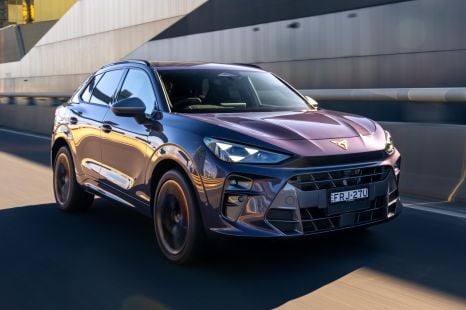

James Wong
2025 Cupra Terramar VZ review
5 Days Ago

Contributor
A Canadian Ford factory which had previously been set to become a hub for electric vehicle (EV) production will now be used to build more Super Duty pickups.
Ford announced it’ll invest US$3 billion (A$4.48 billion) towards increasing production of the Super Duty, which includes US$2.3 billion (A$3.43 billion) in tooling its Oakville factory in Ontario, Canada to build the pickup.
It says its plants in the US states of Kentucky and Ohio can’t keep up with demand for the Super Duty.
The factory was due to produce a new electric three-row SUV from 2025 following a US$1.3 billion (A$1.94 billion) investment, initially expected to create 1400 jobs, though the as-yet unrevealed model was recently delayed until 2027.
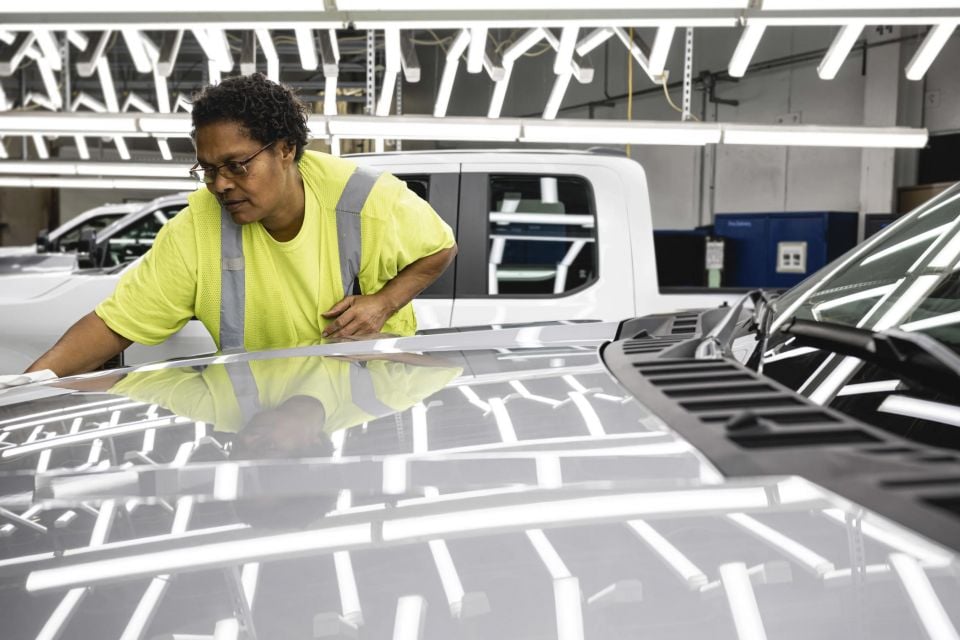
According to Ford, production of the Super Duty in the factory is now expected to start in 2026, with an annual capacity of up to 100,000 vehicles.
This will add a further 400 jobs on top of those which were expected to come from production of the three-row SUV.
This doesn’t count an additional 150 jobs for Ford’s Windsor engine factory which builds the Super Duty’s V8 engines.
The door is still open for the Ford Super Duty to receive some form of electrification, with the carmaker saying in its latest announcement: “It also paves the way to bring multi-energy technology to the next generation of Super Duty trucks, giving customers more freedom of choice and supporting Ford’s electrification plans.”
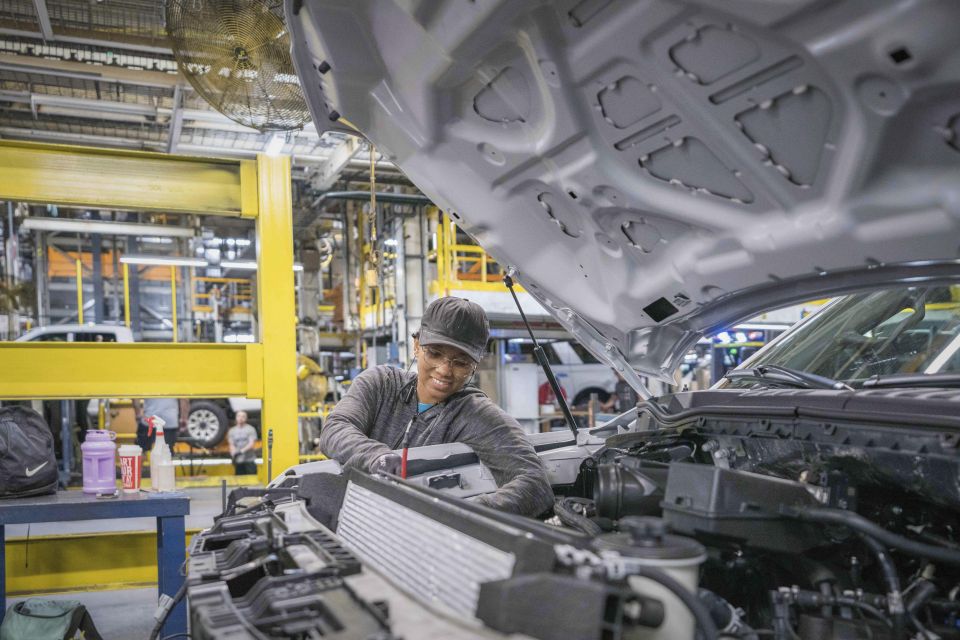
At present, the Ford Super Duty is powered by a choice of two petrol and two turbo-diesel V8 engines.
The Super Duty doesn’t have the option of hybrid power like the smaller Ford F-150.
As part of an update of the F-150 last year, Ford provided buyers with the choice of ordering the 3.5-litre twin-turbo EcoBoost V6 engine with hybrid assistance, free of charge.
Ford CEO Jim Farley last month effectively ruled out any chance of the Super Duty going full-electric, saying the necessary investments required to achieve long driving ranges would mean large EVs are “never going to make money”.
The Ford F-150 Lightning remains as the company’s sole electric pickup, with production of the model recently cut due to low demand.
Where expert car reviews meet expert car buying – CarExpert gives you trusted advice, personalised service and real savings on your next new car.
Born and raised in Canberra, Jordan has worked as a full-time automotive journalist since 2021, being one of the most-published automotive news writers in Australia before joining CarExpert in 2024.


James Wong
5 Days Ago
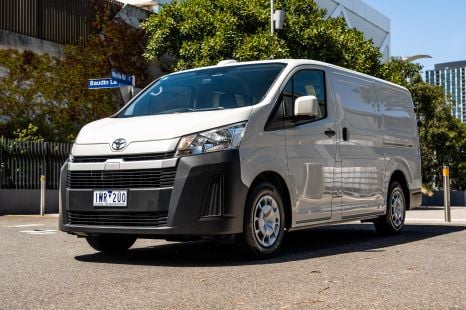

Max Davies
5 Days Ago
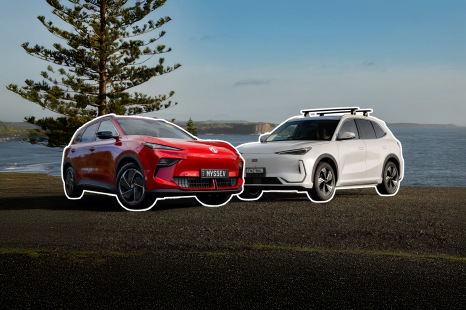

Andrew Maclean
4 Days Ago
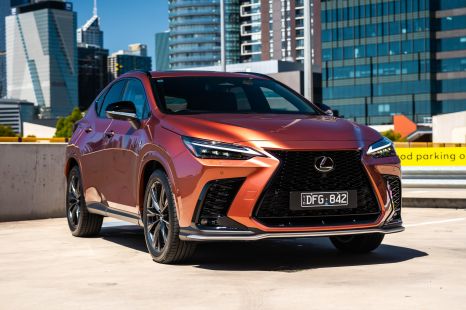

Max Davies
3 Days Ago
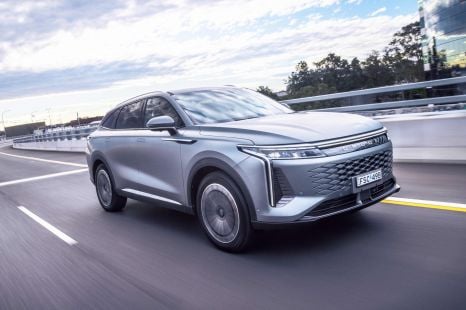

Damion Smy
2 Days Ago
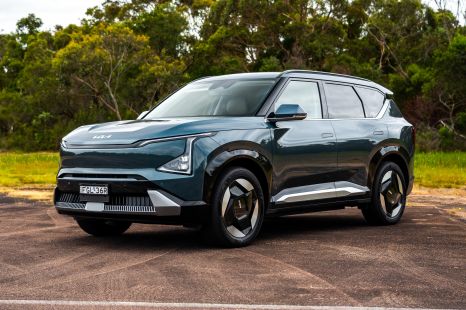

James Wong
1 Day Ago